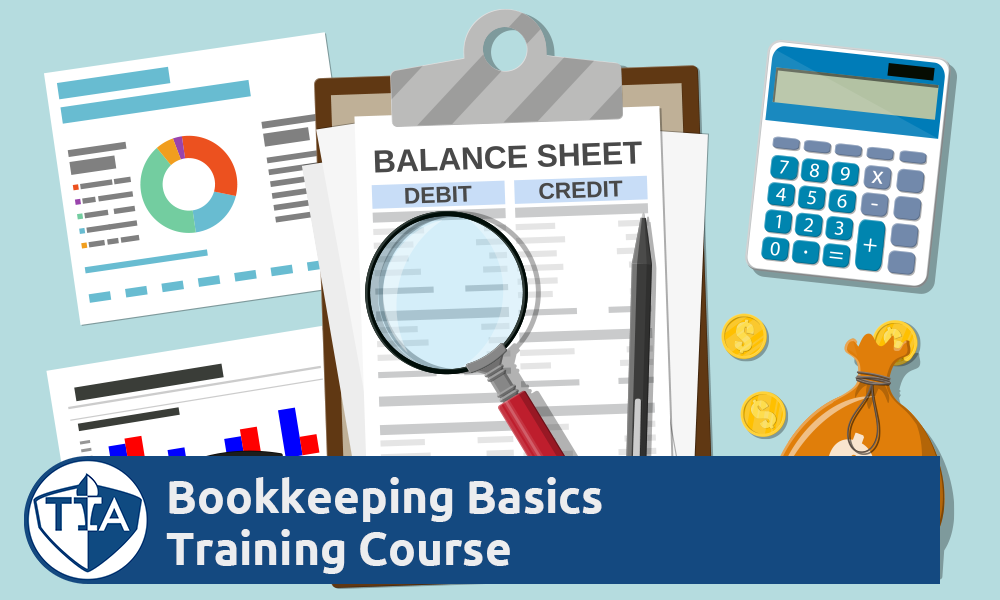
Single-entry accounting can be kept on paper or computer. In the past it was thought that all businesses needed to use the more cumbersome method of double-entry, but the single entry system is now used for many small business owners. Double entry accounting involves a ledger and necessitates that each activity be recorded as a debit and a credit on your books. Your business will use either a Revenue and Expense Journal or a Ledger to keep track of how much money is going out, where it is going, and what is coming in.Ī Revenue and Expense Journal is used by most small businesses and is single-entry accounting – recording receipts and expenditures only. Review the topics below to learn more about what basic records need to be kept by a small business: Revenues And Expenses Even a bookkeeping task that takes only a few hours a week may be better relegated to someone else if that time can be better spent.
BOOK KEEPING BASICS FREE
While it is essential to retain a thorough knowledge by reviewing your books frequently, an accountant or bookkeeper can free you up to concentrate on expanding your business. Some bookkeeping functions are best relegated to an accountant.

The paper bookkeeping forms mentioned here can be obtained from most stationary stores. In many cases it will, but be careful not to fall into the trap of wasting time setting up computer bookkeeping that could be more efficiently handled on paper.
BOOK KEEPING BASICS FULL
The key to taking full advantage of bookkeeping software is to determine if it saves you time and frees you up to concentrate on running your business. Many small business owners choose to use software to keep track of various aspects of their business, and resources are provided here to help you institute computer automation. But before making any decisions regarding bookkeeping, check with your accountant or tax preparer because bookkeeping needs vary dramatically by business.
BOOK KEEPING BASICS HOW TO
The general guidelines here outline what you must take care of and provide ideas for how to keep your books in an orderly manner. As long as your bookkeeping achieves both of these objectives, it can – and should – be as simple as possible.

When you are devising or revising your bookkeeping routine, remember that the purpose of bookkeeping is to help you manage your business and to enable tax agencies to evaluate your business activity. Without it, you run the risk of hitting cash flow crunches, wasting money, and missing out on opportunities to expand. This is also a great course to have anyone assisting you in this capacity attend, in order to have the best chance of providing accurate financial information.Proper bookkeeping is important to sustaining and expanding a business. This 6-part course will take you through 6 main elements of bookkeeping and accounting basics so you can have the confidence that the information is properly assembled and accurate. Unfortunately, clients are often underprepared and unable to complete this task successfully on their own due to the inherent complexities.

Every tax preparer and accountant somewhere along the lines needs to have a fundamental basic understanding of bookkeeping in order to ensure they are using the correct numbers when preparing a tax return or otherwise presenting financial information to their client.


 0 kommentar(er)
0 kommentar(er)
